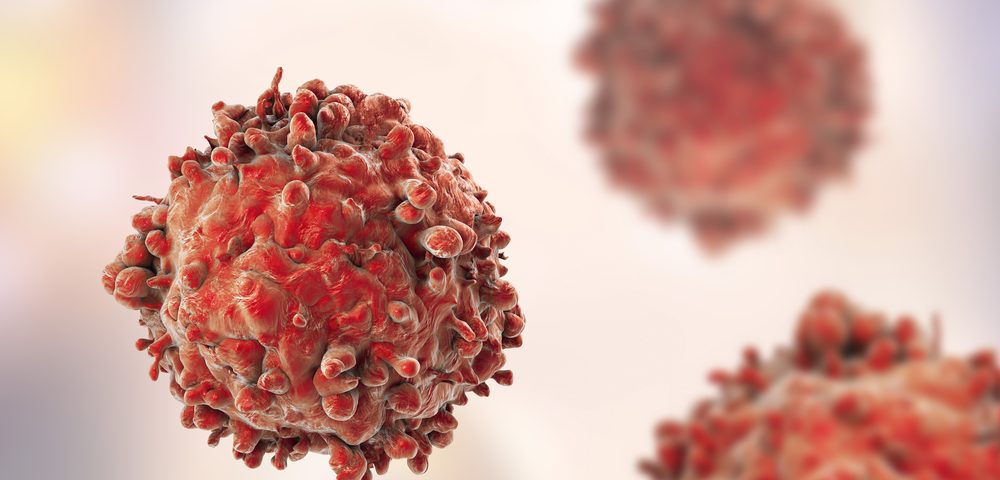Immunotherapies have shown great promise in lung cancer patients, but only a small percentage actually responds to these treatments. Researchers have now shed some light onto why certain lung cancer patients fail to respond to immunotherapy.
Inactivating mutations in genes that code for the HLA-I (human leukocyte antigen-I) protein complex, which is required for immune recognition, impairs the recruitment and activation of immune cells within tumors, suggesting that this is likely a mechanism used by tumors to escape immune surveillance.
The study, “Genomic Profiling of Patient-derived Xenografts for Lung Cancer Identifies B2M Inactivation Impairing Immunorecognition,” was published in Clinical Cancer Research.
Understanding the molecular mechanisms of lung cancer, including recurrent mutations that promote tumor growth, has been beneficial to develop targeted therapies for this disease, but the percentage of lung cancer patients who can benefit from these therapies is still very low.
Researchers at the Bellvitge Biomedical Research Institute (IDIBELL) in Spain and colleagues conducted an extensive analysis to identify new mutations associated with lung cancer that could lead to the development of novel targeted therapies.
“Initially, we performed a genetic screening of lung cancer tumors using xenograft models, that is, human tumors that grow in mice, to obtain tumors with a low load of normal human cells,” Dr. Montse Sanchez-Cespedes, the study’s senior author, said in a press release.
The team found several mutated genes, including tumor-promoting genes with activating mutations and tumor-suppressor genes with inactivating mutations. They also found other mutations that had not been identified until now.
“Among the latter, we were particularly interested in the B2M gene for its involvement in the functioning of the immune system, a target of new therapies developed for this type of cancer,” Sanchez-Cespedes said.
Using a panel of 230 additional lung cancers, the researchers further validated their findings, determining that the B2M mutation was found in 6 to 8 percent of lung cancers. Importantly, the B2M mutation was found to be associated with the loss of the HLA-I complex, which is required for immunosurveillance. Reintroducing a normal B2M gene into B2M-deficient cells restored their ability to form a functioning HLA-I complex.
These findings could explain why certain patients failed to respond to therapies designed to launch strong immune responses against tumors, such as immune checkpoint inhibitors. Although these therapies have shown promise in lung cancer, only 20 percent of patients benefit from such drugs. One possible explanation for the lack of response could be the absence of a functional HLA-I complex.
The team then proceeded to test their hypothesis by analyzing the levels of B2M and other proteins involved in the formation of a functional HLA-I complex in 14 patients receiving immunotherapy. As suspected, the researchers found a “clear trend” in the response to immunotherapy.
“In those patients with tumors expressing high levels of these proteins the response to therapy was superior,” Sanchez-Cespedes said.
“In the near future, if we have enough samples, we would like to confirm the correlation between B2M expression and the response to treatment observed in this study,” he added. “Likewise, we will try to find new genetic profiles or molecular components that can be used to determine the response of patients to immunotherapy other than the levels of B2M and PD-L1 (one of the targets of these treatments), and to characterize other genes related to these immune processes.”


